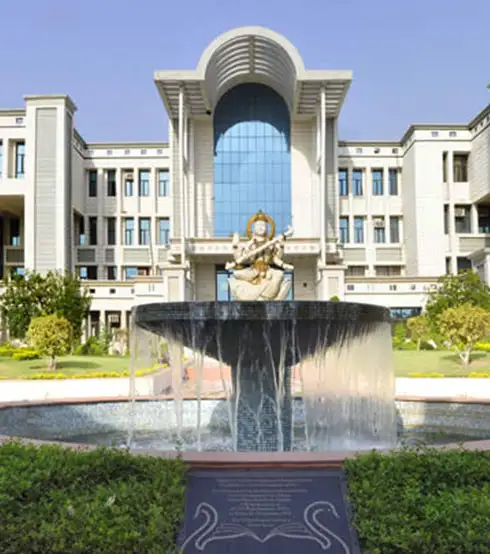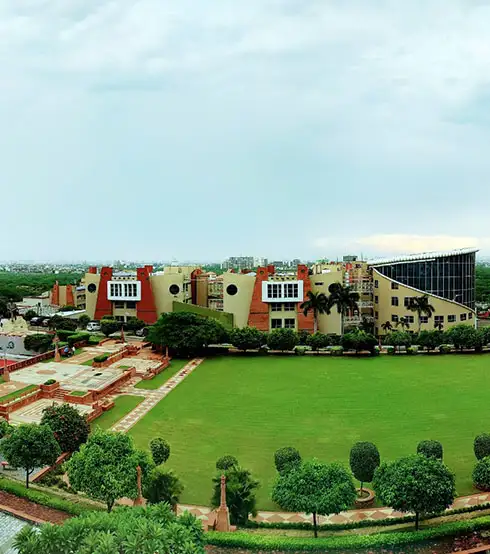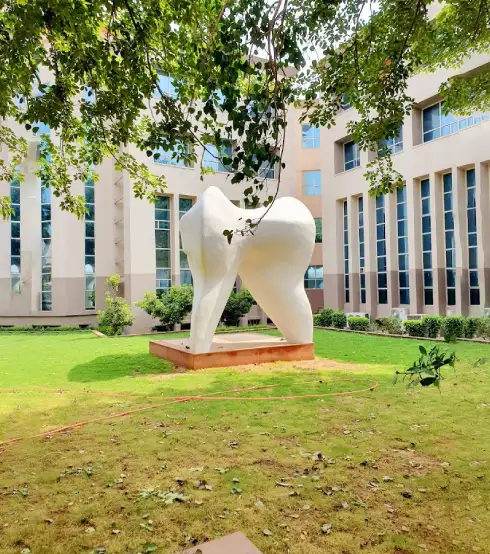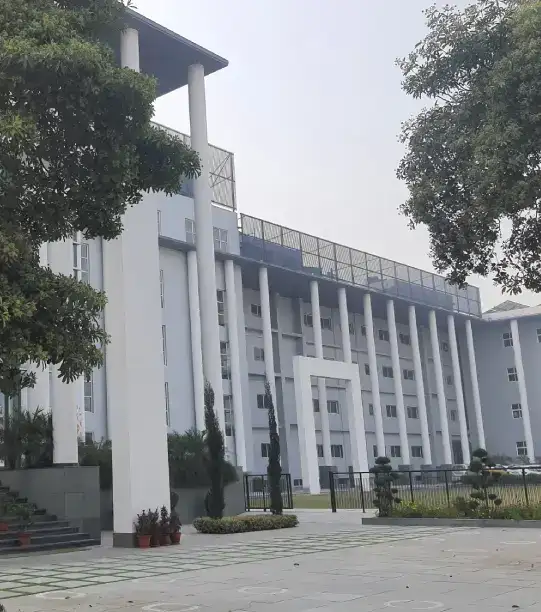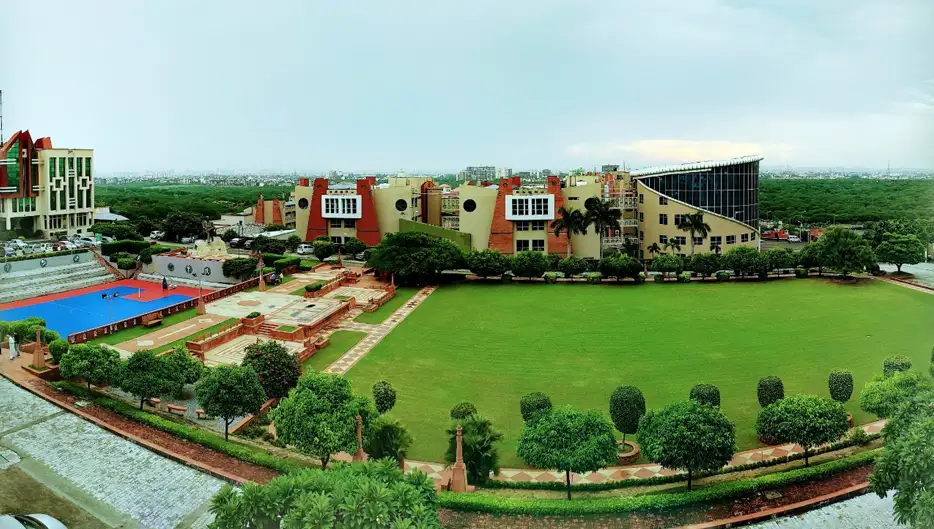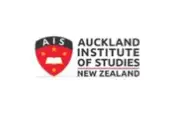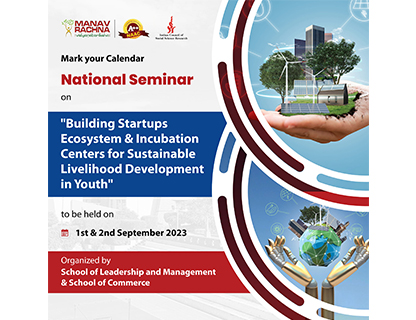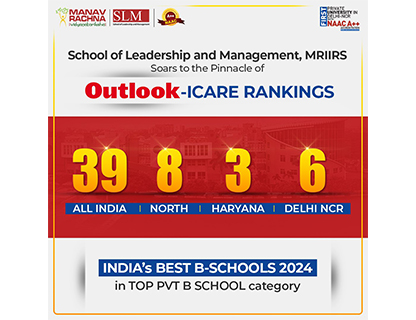
- Tuition and Financial Aid
- Collaborations
- MR Universe
- Student Support
- Important Links
- Spotlight
Manav Rachna International Institute Of Research And Studies
- School of Engineering & Technology
- School of Computer Application
- School of Leadership & Management
- School of Allied Health Sciences
- School of Behavioral and Social Sciences
- School of Media Studies & Humanities
- School of Design
- School of Commerce
- School of Culinary and Hotel Management
- School of Dental Sciences
- Manav Rachna International School
- Manav Rachna Centre for Distance and Online Education
- Council for Doctoral Programs
Manav Rachna University
- School of Engineering
- School of Management & Commerce
- School of Law
- School of Education & Humanities
- School of Sciences
- Manav Rachna International School
- Manav Rachna Centre for Distance and Online Education
- Council for Doctoral Programs
Manav Rachna Dental College
- Department of Oral & Maxillofacial Surgery
- Department of Periodontology
- Department of Prosthodontics and Crown and Bridge
- Department of Public Health Dentistry
- Department of Conservative Dentistry and Endodontics
- Department of Oral Medicine and Radiology
- Department of Oral Pathology & Microbiology
- Department of Orthodontics & Dentofacial Orthopaedics
- Department of Pediatric and Preventive Dentistry
- Manav Rachna International School
- Manav Rachna Centre for Distance and Online Education
- Council for Doctoral Programs
- Department Of Computer Science & Engineering
- Department Of Biotechnology
- Department Of Civil Engineering
- Department Of Electrical and Electronic Engineering
- Department Of Electronics and Communication Engineering
- Department Of Mechanical Engineering
- Department Of Applied Science
- Centre of Advanced Learning: Education for a New World
- About Manav Rachna
- Discover
- Research
- Global Panorama
- One Community
- Alumni
- Admissions
-
MRIIRS
Admissions
+Find out more -
MRU
Admissions
+Find out more -
MRDC
Admissions
+Find out more -
MRCDOE
Admissions
+Find out more -
MRIS
Admissions
+Find out more
APPLY NOW Fee Calculator
-
- APPLY NOW




